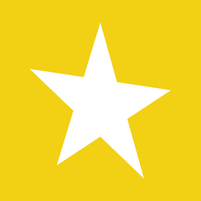LEARNER DEVELOPMENT AND ACHIEVEMENT - MEASURE OF SUCCESS
|
Competences for Learning
Learners would:
|
Competences for Citizenship
Learners would:
|
Competences for Relating to People
Learners would:
|
Competences for Managing Situations
Learners would:
|
Competences for Managing Information
Learners would:
|
In Secondary, success will be measured against the marking criteria of the GCSEs that are part of the English Baccalaureate and of the Diploma the students will opt for to specialise their Baccalaureate.
A Connected School also aims for 95% attendance, and for very little need to enforce drastic action following behaviour problems thanks to a consistent expectation throughout the school that will have been shared with students.
As a consequence, learners, if interviewed, will share the joy they take in learning and going to school. Parents and carers will only have positive feedback to share. The involvement of some of them would go as far as volunteering a bit of time in the school to support the learners.
Everything in the budget is thought to be able to achieve a level of economy of scale that will eventually enable the school to always invest more to improve the quality of teaching, learning and enrichment opportunities.
A Connected School also aims for 95% attendance, and for very little need to enforce drastic action following behaviour problems thanks to a consistent expectation throughout the school that will have been shared with students.
As a consequence, learners, if interviewed, will share the joy they take in learning and going to school. Parents and carers will only have positive feedback to share. The involvement of some of them would go as far as volunteering a bit of time in the school to support the learners.
Everything in the budget is thought to be able to achieve a level of economy of scale that will eventually enable the school to always invest more to improve the quality of teaching, learning and enrichment opportunities.


